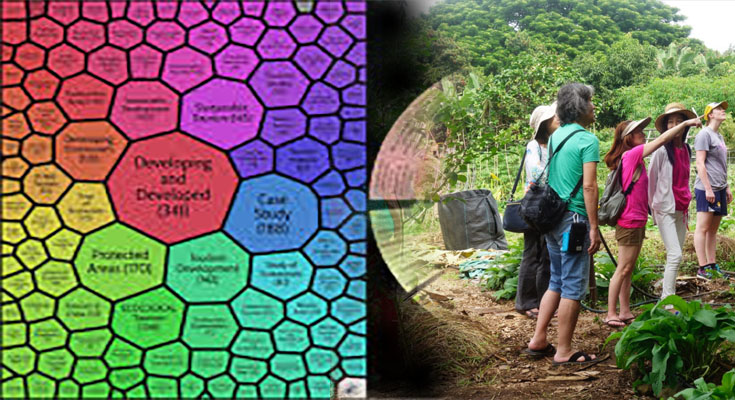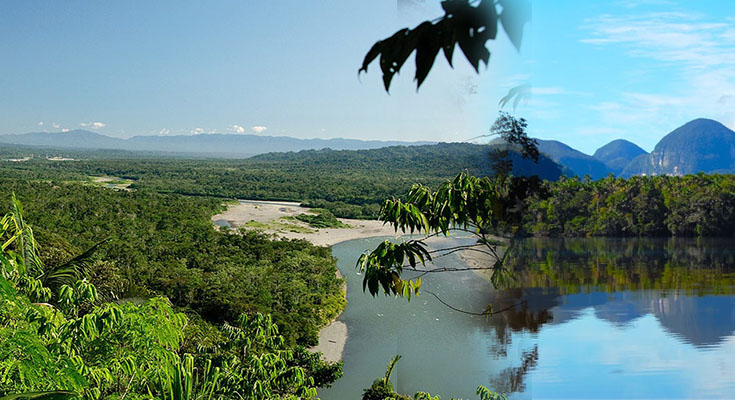
Sustainable Prosperity: Unveiling the Economic Benefits of Ecotourism for Local Communities
Ecotourism has emerged as a beacon of sustainable travel, offering more than just picturesque landscapes and immersive experiences. Beyond its environmental conservation goals, ecotourism brings substantial economic benefits to local communities. In this article, we delve into the ways in which ecotourism becomes a catalyst for sustainable prosperity, fostering economic growth, and enhancing the well-being of communities that serve as the custodians of our planet’s natural wonders.
Job Creation and Employment Opportunities:
One of the primary economic benefits of ecotourism is the creation of jobs within local communities. As tourists flock to ecotourism destinations, there is an increased demand for guides, hospitality staff, conservation experts, and artisans. This surge in employment opportunities can have a transformative impact, especially in areas where alternative sources of income may be limited.
Small Business Development:
Ecotourism often provides a platform for the growth of small businesses within local communities. From local tour operators and eco-friendly accommodations to handmade crafts and locally-sourced food vendors, the tourism industry fosters entrepreneurship. These small businesses, in turn, contribute to the diversification of the local economy.
Infrastructure Development:
The influx of tourists into ecotourism destinations stimulates infrastructure development. Local governments and businesses invest in upgrading roads, transportation facilities, and …
Sustainable Prosperity: Unveiling the Economic Benefits of Ecotourism for Local Communities Read More




